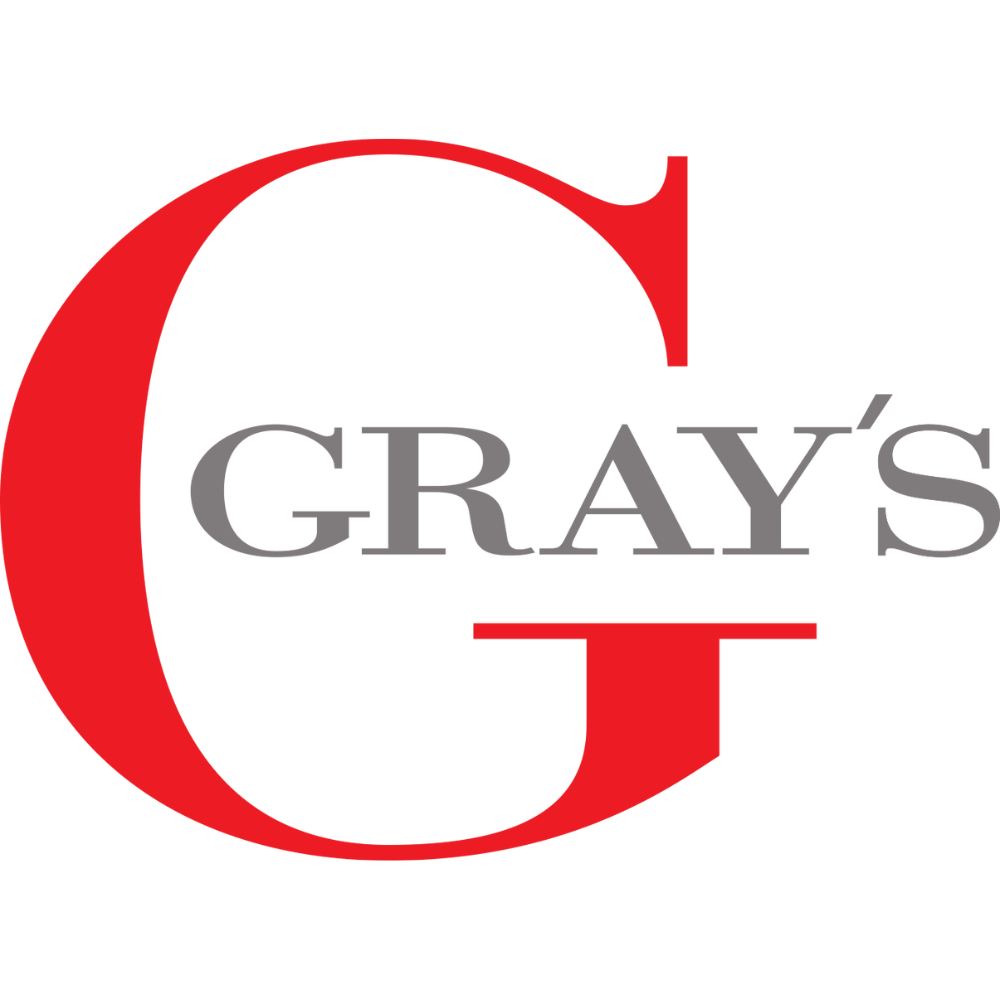A Seller’s Guide to Estate Planning: What is an Estate Auction and How Do They Work?
Let’s face it—no one wants to think about what happens after the loss of a family member, least of all how to liquidate their beloved belongings. The process of evaluating and cataloguing your loved one’s possessions can be daunting and emotional, especially if you aren’t familiar with the types of items they left behind. Estate auctions can be a great option for selling your loved one’s assets, but what is an estate auction, and how do you know if it’s right for you?
Here is everything you should know.
Estate Auction vs. Estate Sale—Which One is Right for You?
But First…What is an Estate Auction?
For the most part, an estate auction functions just like any other auction. Items are evaluated by an auction specialist for condition and authenticity before being listed for competitive bidding. After the initial consultation, items are listed in a public catalogue with a fair market price estimate and a reserve price that must be met in order for the item to sell. Potential buyers then bid what they are willing to pay for the item, with the item being sold to the highest bidder.
How is an Estate Auction Different From an Estate Sale?
You might have heard of or purchased from an estate sale, which slightly differs from an auction. Both methods work to find a new home for your loved one’s valuables, so what’s the difference between an estate auction and an estate sale?
Estate sales…
Require the use of a third party’s services for setting up the sale, marketing the contents of the sale, and pricing each item.
Typically come together quickly and run for a period of a few days, usually in the home.
Accept price negotiations and generally reduce prices for items that aren’t getting as much interest throughout the course of the sale.
Can generate interest for lower-value household items, much like a yard sale, however, this does not guarantee that all items will sell.
Estate auctions…
Require the services of a licensed auctioneer to provide an auction estimate for each item, set up an auction preview, and market the contents of the auction catalogue.
Typically take a few weeks to set up and run for a limited period of time, as little as one day, and can take place online, in a gallery, or at an auction house.
Accept competitive bids from buyers, usually with a reserve price that must be met in order for the item to sell.
Do not accept price negotiations or reductions.
6 Benefits of Choosing an Estate Auction vs. Estate Sale
Estate sales do not require the assistance of an accredited or insured professional, meaning they aren’t held to the same rigorous regulatory standards as an auction, which requires the services of a licensed auctioneer and auction firm.
Sellers at an estate sale generally won’t know what each of their items sold for, unless it’s a high-ticket item. An estate auction will provide sellers with an itemized summary of the lots sold for transparency and tax purposes.
Estate sales reduce the prices of items that don’t sell quickly, whereas, at an estate auction, the price will only ever go up as interest in the item swells.
The items at an estate sale may be previewed online, but are not usually examined until doors open and buyers take a look around, meaning some buyers may miss out on an item they hoped to buy and ultimately leave empty-handed. An estate auction will always offer a catalogue preview before bidding opens.
An estate auction never takes place in the seller’s home and typically offers more privacy protection to sellers than an estate sale. The seller’s identity is not shared with the public.
Estate sales can reach a lot of people, but it doesn’t necessarily mean they are buyers who are ready to make a purchase. Plus, the traffic generated by estate sales will be predominantly local. An estate auction will attract more qualified buyers than an estate sale, and they can also reach a wider range of buyers, especially if the auction is hosted online. This means they can reach local buyers, as well as national and international shoppers.
If you are thinking of downsizing, or lost a loved one and need to sell their possessions you have options. Gray’s Auctioneers is an auction house trusted by attorneys, fiduciaries, and wealth managers throughout Northeastern Ohio. We provide comprehensive valuations of decorative arts, jewelry, and household contents for the purposes of liquidation, purchase, and sale. Our valuation and market expertise allow us to give clients accurate, fair market value estimates for their items and set realistic expectations for when the time comes to sell.
Visit our contact page to request an valuation today.
FAQs
-
An estate auction is a sale of a person's belongings, typically due to downsizing, relocation, or inheritance.
-
Estate auctions involve competitive bidding, while estate sales are more like traditional tag sales with set prices.
-
Professional auction houses or estate auctioneers manage the process, from cataloging to final sales.
-
Common items include antiques, jewelry, furniture, collectibles, and fine art.
-
Depending on the auction format, bidders can attend in person, place absentee bids, or bid online.

